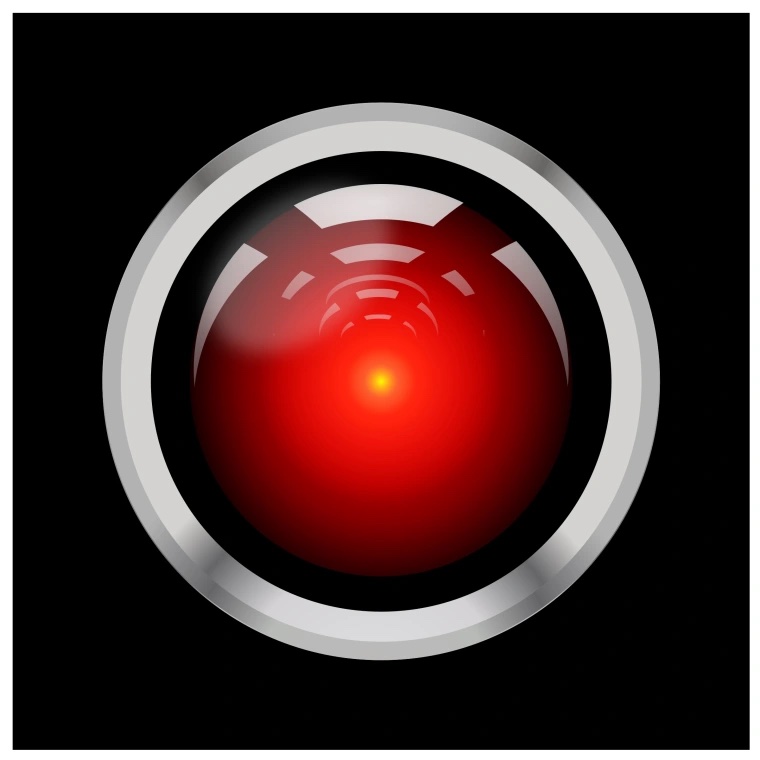Throughout the semester, we’ve seen plenty of outright villains– Proteus of Demon Seed, the Terminator of The Terminator, HAL of 2001: A Space Odyssey, and more.
Almost every film, however, asks us a question– who is really the villain? Even the examples above almost beg that question, but films like Ex Machina have us debating Ava’s intentions and Nathan’s morals, A.I. Artificial Intelligence asks us if David’s feelings are real, and whether that should change his fate, and Blade Runner encourages us to look inwards as we begin to speculate that Deckard himself may be a replicant.
Manuel Betancourt’s “The movies went soft on AI. ‘The Matrix’ reminds us why it’s so dangerous.” for the LA Times discusses this idea, especially within the context of the film industry. When we are being asked to empathize with A.I., what are we really being asked to empathize with?
Betancourt uses The Matrix to dive deeper into this analysis. We’re never asked to try and identify with the giant metal overlords. We don’t empathize with Agent Smith– he’s clearly an antagonist. Betancourt argues that The Matrix strips away the many forms an A.I. can take— it’s not a mecha child created by a scientist so deep in grief that he forgets his own humanity, and it’s not an A.I. assistant who finds social connection beyond her ‘owner’– 641 times. The main A.I. villain on screen is a guy in a suit and tiny sunglasses. He embodies the classic fed antagonist who serves a larger, faceless organization to prevent our protagonist from reaching his goal. Why he does this is unclear– he sees a system, trusts in it deeply and blindly, and acts for them.
Agent Smith embodies all of this. When The Matrix shows him as a main villain, we aren’t actually supposed to hate Agent Smith as a person– he barely gets a personality beyond a hatred for humans who try to take down the matrix. We’re not even supposed to dislike Agent Smith because he’s a part of the A.I.s who have taken over the world. We are supposed to see him as a sort of agent of normative society, capitalism, and the people who seek to exert control to maintain something essentially arbitrary– money.
He is in essence, as Betancourt says, “a corporate weapon to be wielded against workers — a villain best symbolized by a humorless, middle-aged man in a business suit.” He’s the enforcer of ‘the matrix’ around us– societal bounds that keep people ‘in line’ and he is a reflection of the villain of Hollywood’s A.I. problem. The issue isn’t actually artificial intelligence that will make art so amazing that human artists will be put out of business. The issue lies with the people in power who care more about cutting costs than the quality of the art and people’s livelihoods. It’s the people who see life as a competition to gain the most capital, leaving others in the dust. The villain A.I. isn’t the technology itself– artificial intelligence will not take over the world, at least not anytime soon.
The villain is those who seek to use A.I., technology, and their own power nefariously, seeking to benefit themselves at the expense of others.

Leave a Reply